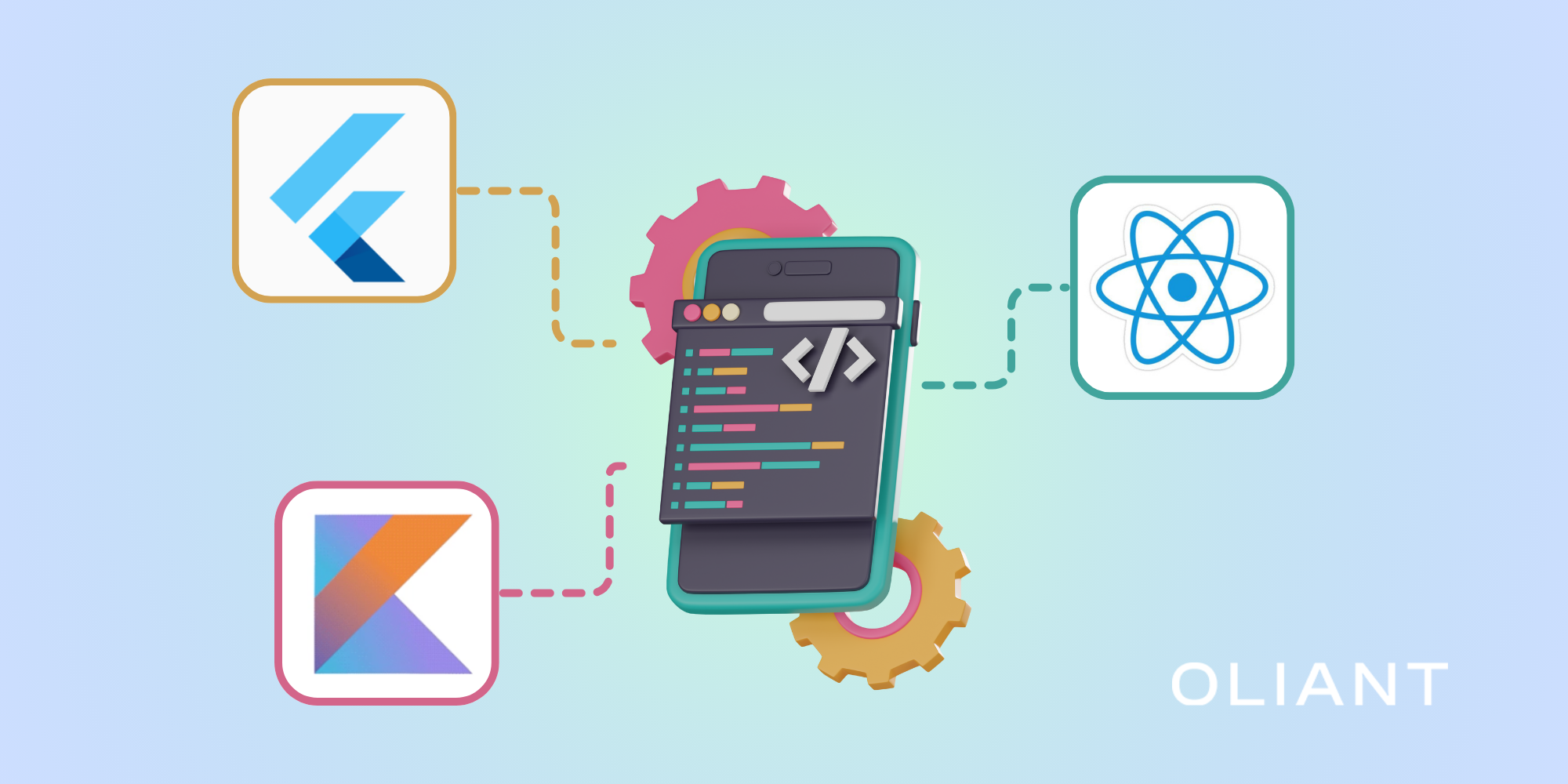¿What is PHP in 2024?
Since its creation by Rasmus Lerdorf in 1994, PHP has defied expectations and remained a cornerstone of web development. Now, 30 years later, ¿Does it still hold up?
The answer is a solid yes, to the tune of its 77.4% market share.
PHP's age has fostered a robust and extensive web of developers, each contributing to creating exceptional applications. This vibrant community is a testament to PHP's adaptability and enduring appeal. The language's seamless integration with HTML makes creating dynamic content a straightforward process, further fueling the enthusiasm of these developers.
PHP has experienced significant updates and enhancements during its lifetime that continue to make it an extremely reliable server-side scripting language. Since its first iteration, it has gone through several updates and changes, with its latest version, 8.3, being released in November 2023.
When compared to PHP 8.2, 8.3 seems to be showing a slightly faster adoption. 6.4% of projects were already using 8.3 by January 2024, comparatively for PHP 8.2 it was 4.7%.
8.2 is currently the only version to be still receiving updates, however versions as far back as 7.2 (released in 2017) continue to have its fair number of users.

It’s obvious that PHP has garnered a loyal following over its 30-year run, so ¿What has made it such a success? ¿And what is it being used for?
PHP: At the basics of Web Development
PHP has definitely earned its reputation within the web development sphere; the tool is vital as a server-side scripting language. As mentioned, its simplicity in generating dynamic content makes it very attractive for anyone in the industry.
Something most users don't realize is that PHP is fueling their interaction with most platform types, with an estimated 800+ million websites running on its code even today. WordPress, a foundational platform for content creation, runs on PHP, as well as some of the most successful social media websites, like YouTube and Facebook.
For anyone looking for a server-side scripting language, the widespread use of a range of plugins and libraries makes PHP a dream come true. The performance is quite impressive as well and has greatly improved over the years, easily running on most operating systems, including Windows and Linux.
And let’s not forget the cherry on top: PHP is free to use, something that has certainly boosted its success. Language usage can quickly grow if developers don’t need to pay for licenses, and companies can test it and adopt it cheaply.
CMS, eCommerce and PHP Plugins
Web development is not the only area where PHP can thrive. Its dynamic nature makes it perfect for content management systems as well. It’s not surprising that the most popular Content Management Systems in the world use PHP as the primary language. WordPress, Drupal, and Joomla, the Content Management Systems trilogy, drive millions of CMS growth for diverse uses.
The fact that PHP integrates seamlessly with many databases makes it highly effective at storing and retrieving data in different formats. Both structured and unstructured data are equally within reach.
The language is easy to extend through plugins, and developers can customize and enhance CMS platforms by adding various complex and powerful features. One of the most common being the ability to create online stores and easily manage eCommerce with just a few clicks.
The best PHP Frameworks
PHP's power has also been increased through web frameworks, which bring the best design patterns to create web applications. Each framework has a specific purpose, but they facilitate the most common development tasks and create a solid structure for code organization, handling files, accessing database entities, etc.
There are several frameworks, but if there is one that stands above the crowd is Laravel. Laravel offers numerous built-in tools, such as routing, authentication, and database management, and increases code legibility with better syntax. It definitely is the most successful PHP framework nowadays, being the current highest rating one on GitHub and surpassing 300 million downloads this year alone.
Symfony, another popular contender, emphasizes modularity and component creation. Both have a large tribe of followers that ensure continuous enhancements.
Another framework that is quickly gaining traction is CodeIgniter due to its quick learning curve, making it a popular choice for small websites and projects.
PHP frameworks are vital for developing all sizes of projects. They ensure consistency from the beginning, allowing everything to scale appropriately, reduce development time, and create more maintainable code in the long term.
Automation Tools
Nowadays, PHP has become so versatile as a scripting language, that it has gone beyond serving as a basic structure in traditional websites. PHP is also commonly used in command-line scripting for task automation.
PHP is mighty for interacting with system resources, managing and analyzing log files, executing scheduled tasks such as database backups, and performing low-level operations. The large ecosystem of libraries has created an environment for innovation in system administration tasks. Many of them have automated processes and manage servers using PHP scripting.
It is also a widespread option for RESTful APIs without the necessity of building any UI, as PHP will handle communication with other systems to exchange data.
This also created the need for graphical frameworks to help developers build desktop applications with complex user interfaces to visualize dashboards and other graphical interfaces.
Email and Communication Management
A specific case of interest are PHP email management systems. Most modern websites need to manage a wide range of email notifications on the daily. PHP’s modularity, built-in functions, and plugins allow developers to send messages from the servers easily.
PHP has quickly become one of the most trendy options when it comes to supporting ticketing and internal email structures. Popular libraries also handle POP3 and IMAP.
Conclusion
Despite all its years, PHP is still a solid, powerful option in web development. We could even say that it's even improved with age.
The language's simplicity, versatility, and vast ecosystem of libraries, plugins, and applications make it an excellent choice for dynamic content, automation of system administration tasks, email processing, and most web development types.
It continues to be a top choice for developers ranging from new to experts, from simple websites to very complex platforms and systems. We truly don't think it's going away anytime soon.





















.png)





.png)



.png)









.avif)










.avif)
